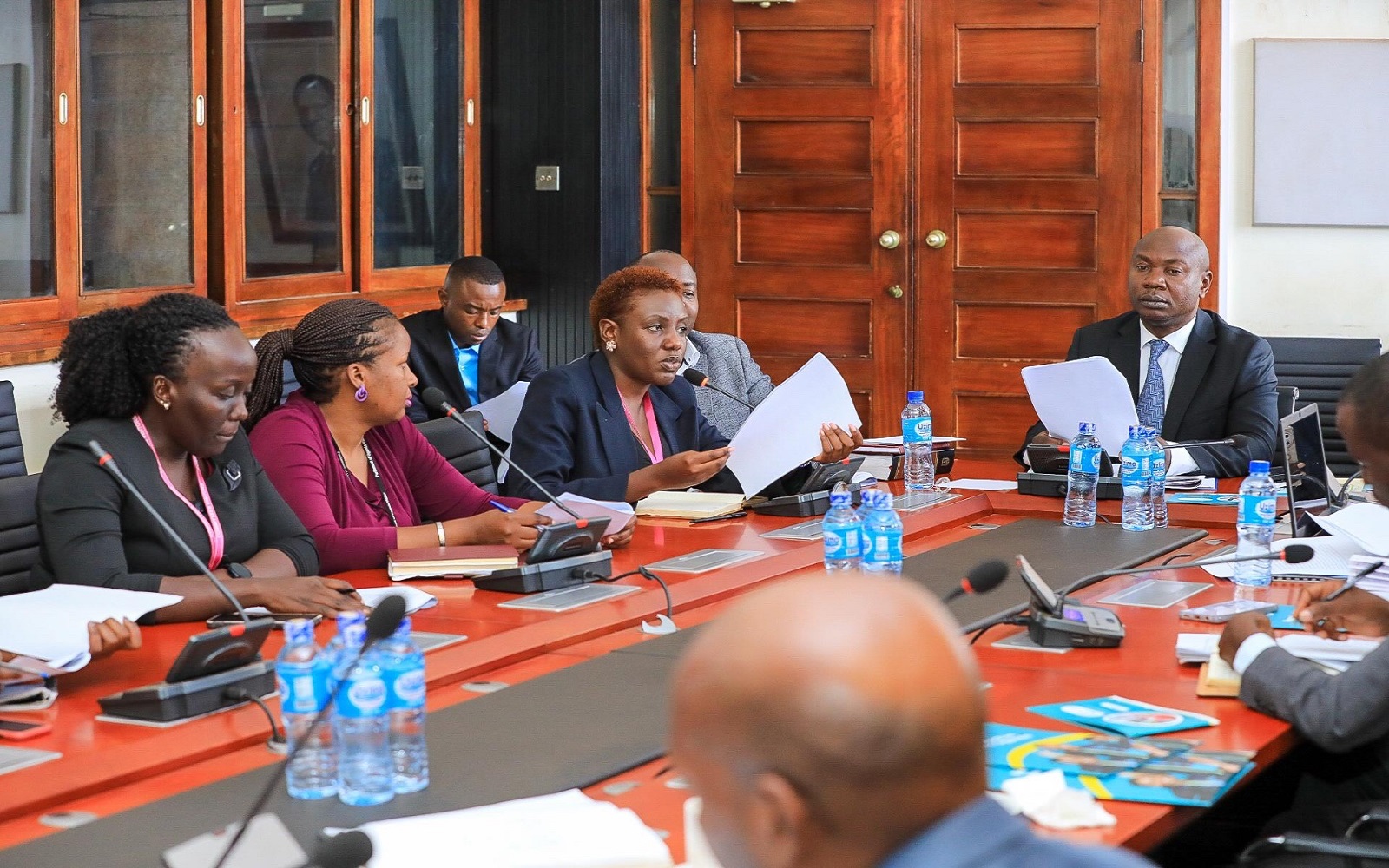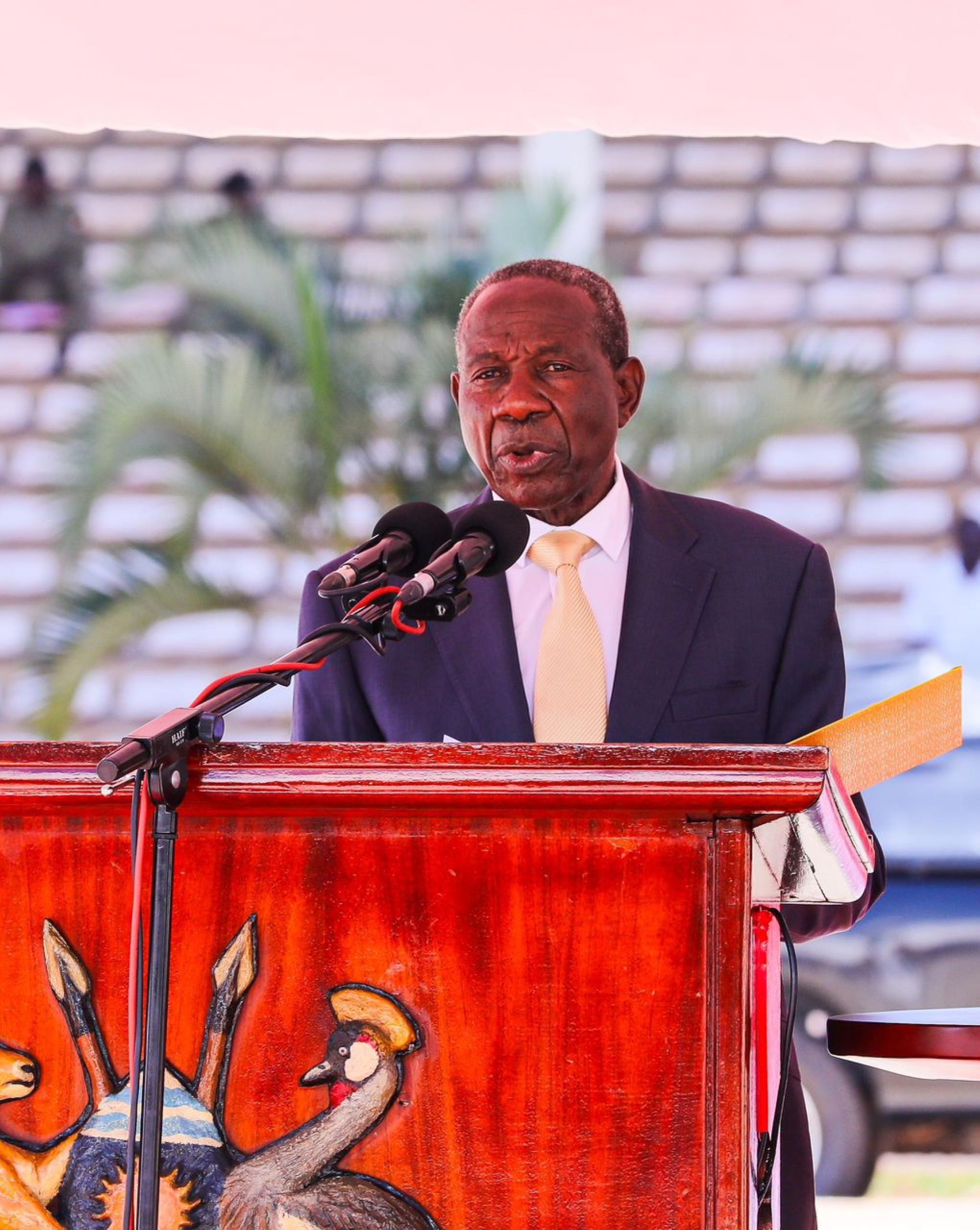Activists for women’s land rights under their umbrella organization, Stand for Her Land Coalition in Uganda, want Parliament to uphold the Supreme Court ruling on what constitutes matrimonial and individual property while processing the Marriage Bill, 2024.
Appearing before the joint meeting of the Committees on Legal and Parliamentary Affairs and the Gender, Labour and Social Development on Tuesday, 18 February 2025, the activists said that Parliament should borrow from the Supreme Court ruling in the case of Julius Rwabinumi V. Hope Bahimbisomwe in 2009, saying it clearly defines the scope of matrimonial property sharable at the dissolution of marriage and the property separately owned.
“The ruling recognises both monetary and non-monetary contributions of spouses. The court held that the mere exchange of religious marriage vows does not by itself convert property owned individually prior to the marriage into jointly owned property,” said Rebecca Atayo, an advocate of the coalition.
Atayo said that according to the court, pre-marital assets remain non-sharable unless there is evidence that they were contributed to jointly or transferred by clear intention.
She argued that although the Constitution requires equality in marriage, it does not mandate that every asset automatically becomes a joint property at dissolution, as suggested by certain groups.
The coalition recommended that the Bill should consider non-financial contributions of spouses such as domestic work, care for children and household members as valuable input that may be subject to equal division.
“When determining a fair division of assets on divorce, courts should consider the actual contributions of each spouse whether directly or indirectly. The court recognised that equitable doctrines should be applied where there is proof that one spouse’s contributions enhanced the value or acquisition of property during the marriage,” said Atayo.
In case of non-formalised or customary marriages, the activists proposed that contributions of both partners to the relationship and property should be recognised under similar laws regulating formalised marriages or relationships, saying customary marriage laws often favour men against women.
They further called for pre-nuptial and post-nuptial agreements to allow individuals safeguard personal assets acquired before and during the marriage.
“This is particularly important for those with significant personal wealth, businesses or inheritances. Outlining property management in advance, provides a clear framework for asset division, potentially reducing conflicts and legal disputes during marriage and at its cessation,” Atayo added.
MPs observed that a significant number of witnesses who have submitted views about the Bill are biased towards women, saying the Bill might face resistance on implementation.
“If a woman feels that if I leave the marriage this is how much I will get, it might accelerate the level of dissolution of marriages. The whole point on why past Bills on marriage failed is there was too much emphasis on property and men felt insecure that in the process they might lose the grip,” said Hon. Noeline Basemera (NRM, Kibaale District Woman Representative).
The Chairperson of the Committee on Legal and Parliamentary Affairs, Hon. Stephen Bakka Mugabi said that opponents of the previous Bill on marriage and divorce have expressed concern that most of the provisions in the Marriage Bill, 2024 are already provided for in other legislations.
“The forms of marriage are clear except a few stakeholders who are saying we should think of polyandry. So, there is a feeling that we may not need this law considering the controversies that may arise,” Bakka Mugabi said.
Workers MP, Hon Margaret Rwabushaija said some of the rulings on property distribution have been unfair to women citing a case where a woman was given only curtains.





